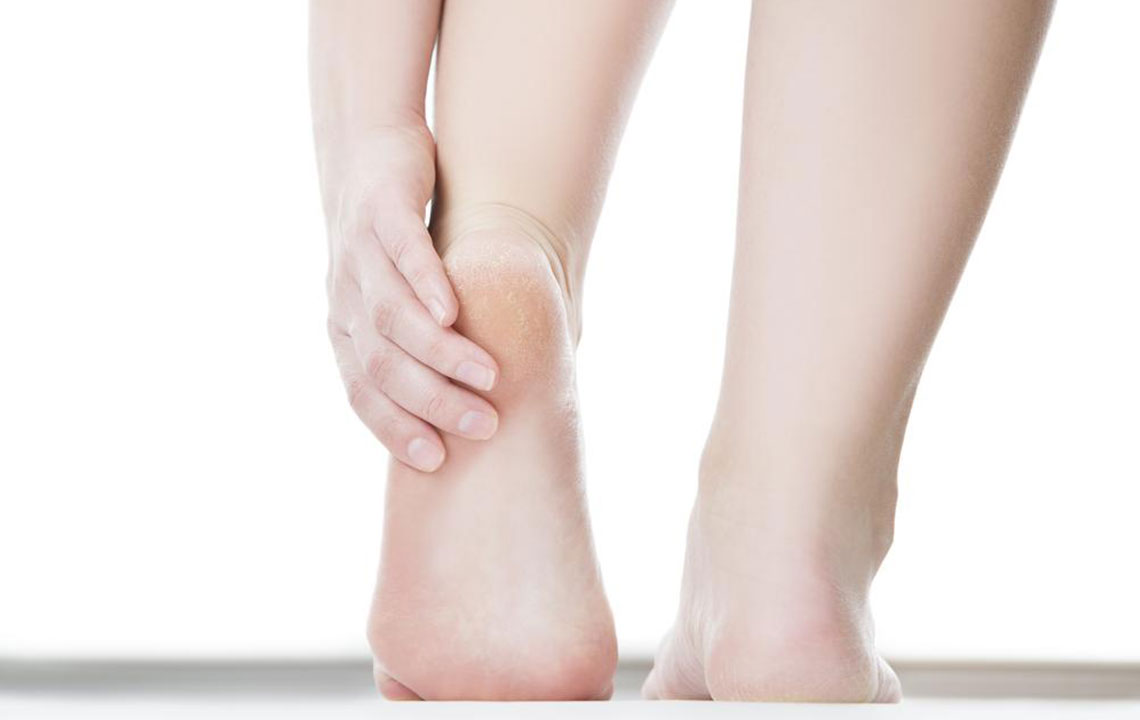Effective Ways to Treat Diabetic Feet Problems

Diabetic feet are problems in your feet, as a result of diabetes. Diabetes is the medical condition associated with the lack of insulin in our body, which is a hormone released by the pancreas. Insulin helps convert glucose from the food that you intake, into energy. Due to the lack of insulin, glucose stays in the blood, and high glucose can cause health problems and foot complications. Diabetic foot is a severe condition affecting anyone with diabetes.
The effects may be mild like the healing of a foot cut, or extreme like an amputation of the foot. One simple thing you can do is, prevent any injuries to your feet and make sure to monitor your feet on a daily basis. There are two major reasons for diabetic feet. Lack of oxygen and nutrients will lead to the low blood supply to the feet which will further cause cuts and damages. Secondly, there is a diabetic nerve called peripheral neuropathy that causes numbness in your feet, thereby increasing your chances to get sores and infections.
Problems Associated With Diabetic Feet
- Fungal Infection of the Nails
This is caused by bacteria and results in irritated and reddened nail area. The infection also leads to a change of color (yellow) along with inflammation, pain and crumbling of the toe. If left untreated, the fungus becomes worse and can infect your other toenails, the skin on your feet and even your fingernails. In severe cases, the infection can impair your ability to walk or cause painful ingrown toenails. - Muscle and Joint Problems
Diabetes also result in damage to the peripheral nerve, resulting in foot problems. The damage of the nerve causes muscle and joint pain in a severe way possible. It can also result in numbness of the feet, making it difficult for you to feel your feet. This can cause walking imbalance, and is not healthy for a person, in the long run. - Calluses and Corns
Calluses and corn are the formations of hard skin under the foot or between the toes. They are the results of the uneven distribution of weight in the foot or even pressure from shoes that rub against the toes, causing friction between the toes. They result in abnormal alignment of the feet, but with proper care, they can be treated. - Bunions
Bunions occur when the big toe aligns towards the small toe. Bunions can be formed on both the foot, as well as the area where the big toe joins the rest of the foot, as it becomes reddened and irritated. Bunions are also one of the major causes of corns. The main reason for the swollen toe can be from the pressure of the shoes worn, as in the case of high-heeled shoes. However, there are devices used to separate the big toe from the rest of the foot. In severe cases, surgery may also be required. - Dry Skin
Dry skin is another problem associated with diabetic feet. The feet will have cracks that allow the germs to enter. In many cases, the heel area is badly affected due to dry skin, and this can be solved by moisturizing the same, to keep the feet healthy.
Preventive Measures for Diabetic Feet:
- Moisturize your feet: This is the most effective preventive measure for any foot-related problems. This will help cure the problem before it gets worse, preventing further damage.
- Washing the feet every day: This activity will keep your feet healthy. Washing with warm water can kill bacteria and germs. Applying powder after washing can keep the skin dry, preventing infections.
- Smoothing corns and calluses: This will help to prevent diabetic foot pain. In such cases, the use of pumice stone is encouraged. Rubbing of the stone gently in one direction can help cure the corns and calluses.
- Right pair of shoes and sock: This is one of the most simple ways to prevent diabetic foot pain. This prevents germs and bacteria from entering your feet. Also, finding the right type of shoes regarding the material and size will prevent various other foot problems.
Keeping the blood flowing to your feet is very important too, as the major cause of diabetic feet is the lack of blood flow in the feet. This can easily be done by keeping yourself active and wiggling the toe for a few minutes, throughout the day.
However, there are measures to cure diabetic feet with proper care. In case it worsens due to high diabetes, you must consult the doctor immediately. Remember, diabetes is a silent killer, beware before it kills the feet!

